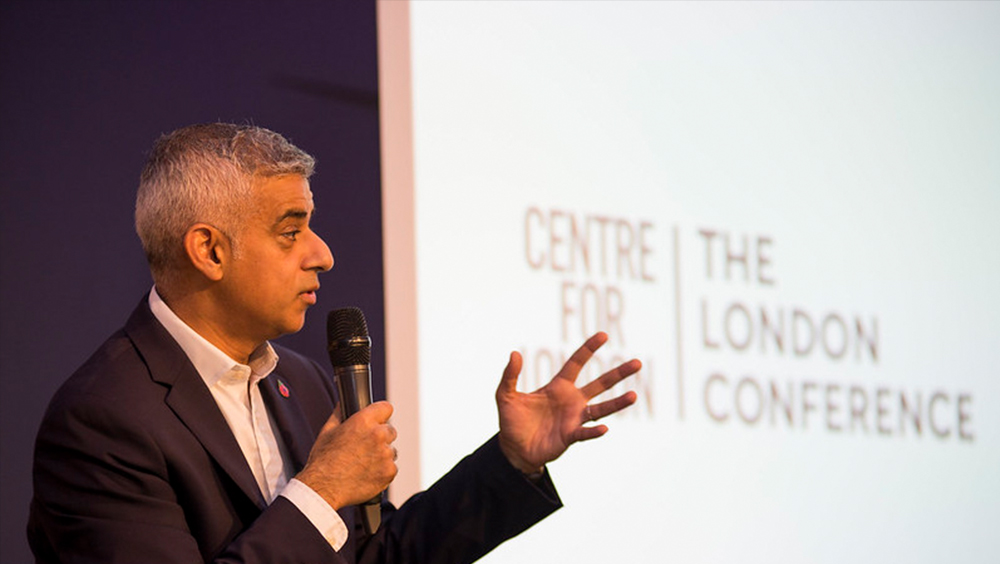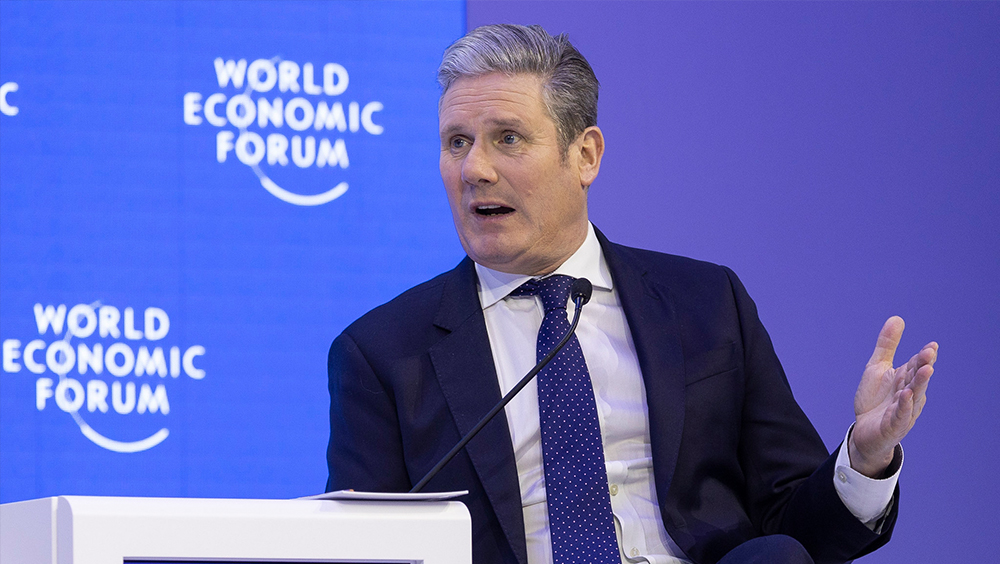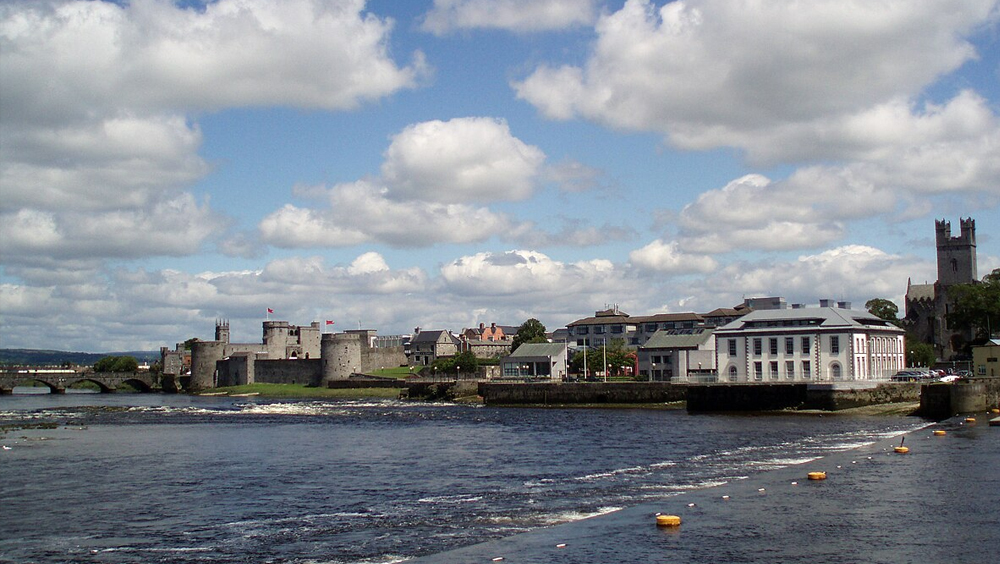By
Jayen Patel and Andrew Dunne
May 1, 2024
By
Jayen Patel and Andrew Dunne
This article was originally written by Associate Vice President at FINN Partners UK Jayen Patel and published on 23 April on finnpartners.com. The piece was further adapted as a collaborative article with 360, a FINN Partners Company Senior Account Executive Andrew Dunne, in light of upcoming mayoral elections.
It is anticipated that London mayor Sadiq Khan will return for a third term after May’s London mayoral election. Yet the introduction of a first-past-the-post voting system means the Labour candidate’s victory is not necessarily a foregone conclusion. The fascinating and complex dynamics of the race may offer a prelude into a new era of similar devolution in Irish local government.
In Ireland, we will get our first taste of a mayoral election on 7 June in Limerick City, following on from the signing into law of the Local Government (Mayor of Limerick) Bill on 6 March by President Michael D. Higgins. The mayor will take on many of the functions which were previously reserved for a Council chief executive, such as proposing an annual budget, drafting and implementing a development plan for the city, alongside a housing plan, and ensuring adequate road and transport safety; as well as representing the county at national and international level.
The direct election of a mayor will likely draw closer focus on the policies of the Council and perhaps insert an increased level of partisanship into local politics. Indeed, it would not be difficult to envision a scenario whereby a future directly elected mayor of Dublin occupies a similarly significant role in the national debate as does the Mayor of London.

The new first-past-the-post system in London means that Sadiq Khan’s rival, Conservative Assembly Member Susan Hall, has a chance. 2021’s election was conducted under a preference voting system, similar to that which will be used in Limerick, and Khan secured a win only through second preference votes. These will no longer be in play for London.
In light of these changes to 2024’s election process, Khan has highlighted the need for tactical voting in order to avoid a close contest. However, with most recent polling suggesting that Labour still holds the majority vote, the discussion is slowly shifting to ask how another term will shape up under Khan.
Kahn the highest profile Labour Party politician in public office
For nearly a decade, Khan has been the highest profile member of the Labour Party in public office. Maintaining a steady presence as the party continues to realign to the centre, his words have represented Londoners – and the party – nationally. This is a confident mayor, at ease in his role. Public feuds with former US President Donald Trump and a steadfast commitment to the Ultra Low Emission Zone (ULEZ) also reveal a man who is comfortable standing above the parapet.
Khan is not afraid to clash with his own party’s leadership either. In the autumn, he publicly disagreed with Labour leader Sir Keir Starmer over a ceasefire in Gaza, while his relentless push for the expansion of ULEZ caused controversy when Labour failed to regain the Uxbridge parliamentary seat last summer.
Khan is unabashedly pro-EU and has even called for a ‘discussion’ to start on a UK return to the customs union. In contrast, Starmer’s calls for a closer relationship with Europe reportedly view any such return as a red line that he will not cross. Campaigning will bring this issue sharply into light and could cause further rifts.

A fascinating new layer to Irish politics
It would not be difficult to imagine a mayor in Ireland disagreeing with the Taoiseach or cabinet on similar fundamental issues, thereby adding a new layer of both internal party, Oireachtas, and electorate management which must be consciously and carefully practiced by Ireland’s head of government and cabinet.
The weight of Khan’s status in the UK means that clashes with Labour leadership are cause for additional concern. Like Khan, Starmer enjoys a healthy polling lead. If Starmer wins, Khan’s carefully curated profile as an embattled but determined mayor – one constrained by the Conservatives – will need updating.
Starmer has tried to recognise Khan’s influence. Public reconciliation on the eve of campaigning was a welcome boost. Both candidates know that they need each other, not only to be successful campaigners, but also to be successful should Labour be in power.
Campaign tactics are likely playing a part too. Starmer has worked to rehabilitate the Labour party in the eyes of the centre, while Khan must convince London’s key voter segments to support him once again – perhaps part of his reasoning for so publicly disagreeing over his party’s approach to Gaza. It may be that personal disagreements are reconciled should Labour be in government.
Khan will likely also be looking forward to accessing his full mayoral powers. The Greater London Authority’s (GLA) status as the middle layer has left it vulnerable to politicking. With policy priorities including air quality and knife crime, plus a 40,000 council home commitment, Khan will hope to no longer see his policies cut short by Westminster.
Nowhere has this been more evident than in his headline housing policy. Secretary of State Michael Gove recently ordered Khan to update his London Plan and has now begun a distracting consultation into the GLA’s planning permission powers. With friendly faces in Cabinet, situations like this should be less frequent.
Limerick’s race will likely see a competitive contest between Fianna Fáil’s Dee Ryan and Sinn Féin TD Maurice Quinlivan, if the latter were to prevail it could present a serious narrative advantage to the opposition in creating an opportunity to highlight clashes in investment strategies and styles of governance. Equally, much like London, the mayor may struggle to achieve their policy objectives without wider government support. The coalition will be hoping Ryan or Green Party TD Brian Leddin prevail in order to avoid a regional challenger and ensure policy coherence at local and national level.

Regions asserting their own influence
Political engagement under London’s elected mayor system may in the short-term look familiar, especially as we await a date for the UK General Election. But for those looking ahead, the new context of a third Khan term should not be overlooked and should be watched closely as we look ahead to Limerick. Although the city’s masthead may end up looking the same, it could soon be fixed to a very different ship.
In this, we see the enormous potential of directly elected mayors to reshape the Irish political landscape and upend our traditional nationally focused politics into a new environment where regions assert their own interests, even if in spite of central government. Where values and politics align between a mayor and cabinet, there is also significant transformative potential which may break the sense of inertia that exists on many Councils around the country and serve to strengthen and revitalise Irish democracy.